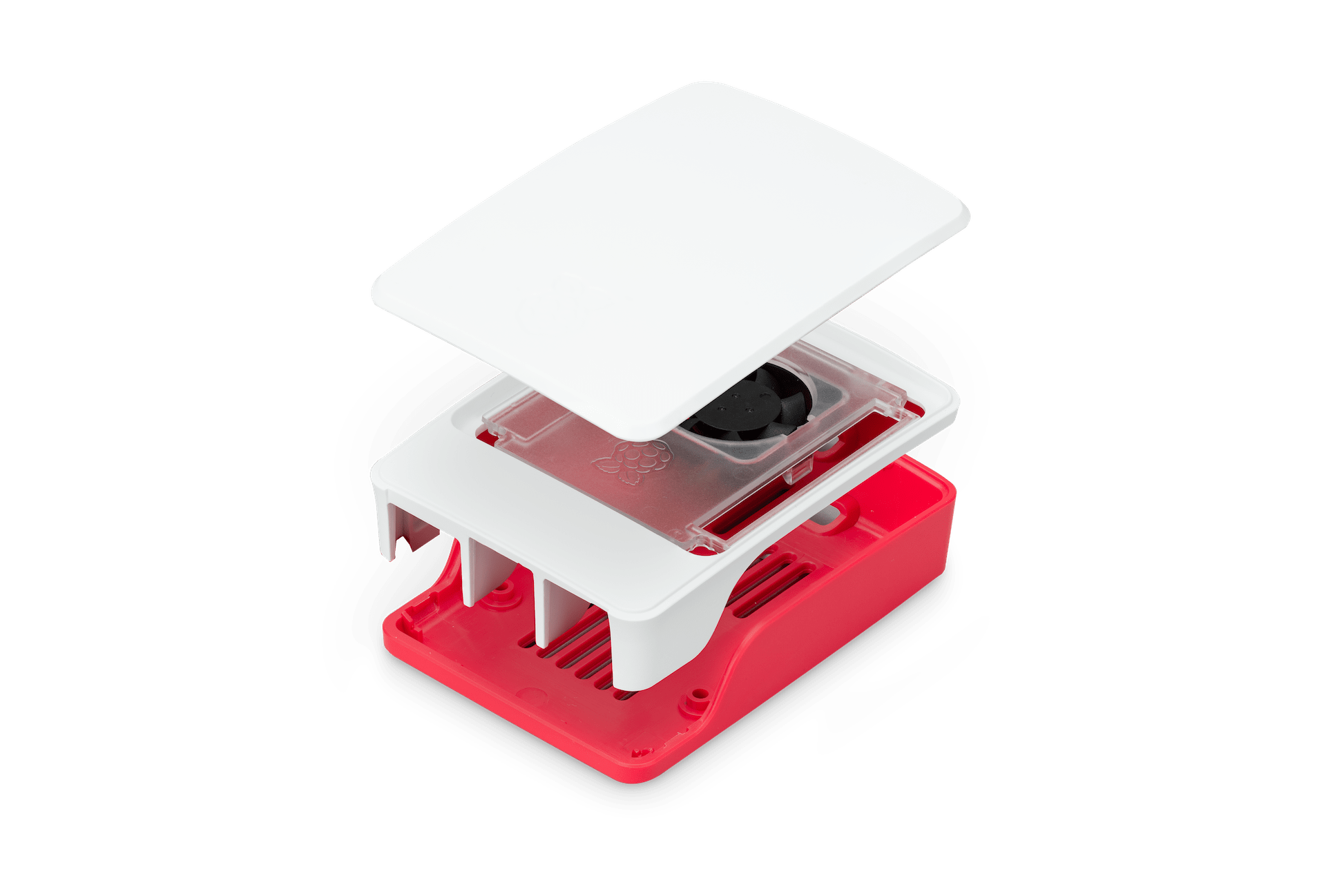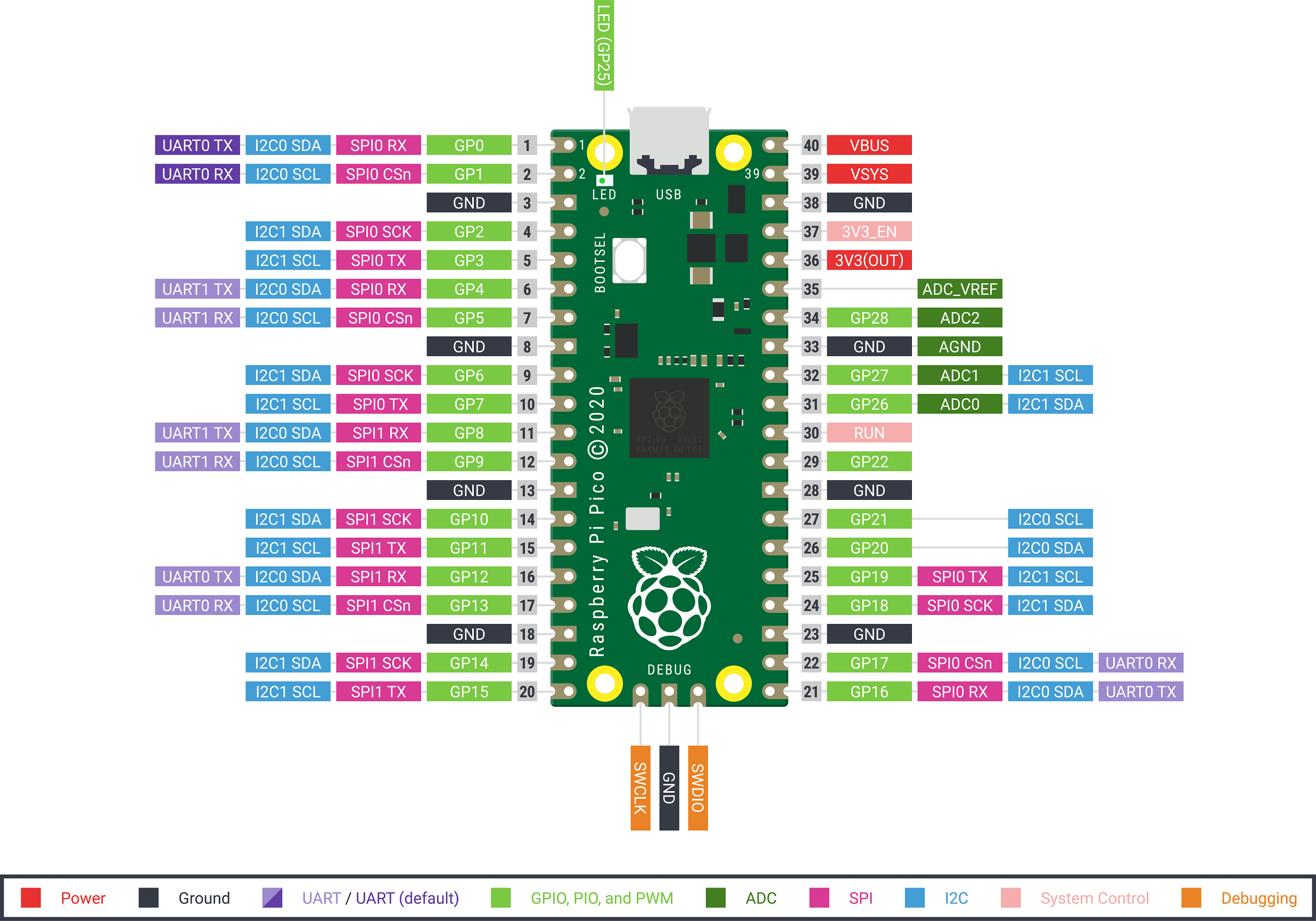Imagine this: you're tinkering with your Raspberry Pi, ready to dive into the world of IoT, but you're stuck wondering which remote IoT platform is best for your project. Well, buckle up because we're about to break it down for you! Whether you're a hobbyist or a professional developer, finding the best remote IoT platform that's free and compatible with Raspberry Pi can be a game-changer. Let's get started and uncover the gems that'll help you bring your ideas to life!
Remote IoT platforms are like the glue that holds your smart devices together. They allow you to monitor, control, and interact with your IoT devices from anywhere in the world. But not all platforms are created equal, especially when it comes to compatibility with Raspberry Pi. The good news? There are some incredible free options out there that pack a punch. Stick around, and we'll show you how to pick the perfect one for your needs.
In this guide, we'll explore the top remote IoT platforms that work seamlessly with Raspberry Pi, giving you all the tools you need to create awesome IoT projects without breaking the bank. Whether you're building a smart home system, automating your garden, or developing industrial solutions, the right platform can make all the difference. Let's dig in!
- David Suchet The Definitive Guide To The Poirot Star More
- Sarah Chalke From Scrubs To Rick Morty Whats New
Why RemoteIoT Platforms Matter for Raspberry Pi Projects
Remote IoT platforms are more than just software solutions; they're the backbone of modern IoT systems. For Raspberry Pi enthusiasts, having access to a reliable and free platform is essential. These platforms provide the infrastructure needed to connect devices, collect data, and manage operations remotely. But why exactly are they so important?
- They simplify complex tasks by offering pre-built libraries and APIs.
- They enhance security by providing robust authentication and encryption features.
- They enable scalability, allowing you to grow your projects as your needs evolve.
When you're working with a Raspberry Pi, choosing the right platform can significantly impact the success of your project. It's like picking the right tool for the job—get it wrong, and things can get messy real quick.
Top RemoteIoT Platforms Compatible with Raspberry Pi
Now that you understand why remote IoT platforms are crucial, let's take a look at some of the best options available. These platforms are not only free but also offer powerful features that make them ideal for Raspberry Pi projects.
- Sharelle Rosados 6 Million Net Worth From Army To Reality Star
- Al Rokers Salary Secrets Revealed What He Makes
1. Home Assistant
Home Assistant is a popular open-source platform that's perfect for building smart home systems. It's highly customizable and supports a wide range of integrations, making it a favorite among Raspberry Pi users. With Home Assistant, you can control everything from lighting to climate control with ease.
2. Node-RED
Node-RED is a flow-based programming tool that's perfect for beginners and advanced users alike. It allows you to create complex workflows by simply dragging and dropping nodes. Its simplicity and flexibility make it a great choice for Raspberry Pi projects.
3. ThingsBoard
ThingsBoard is a powerful IoT platform that offers both cloud and on-premise solutions. It's ideal for projects that require data visualization and analytics. With its user-friendly interface, you can easily monitor and manage your IoT devices.
Factors to Consider When Choosing a Platform
Not all platforms are created equal, so it's important to consider a few key factors before making your decision. Here's what you should keep in mind:
- Compatibility: Ensure the platform works seamlessly with your Raspberry Pi model.
- Features: Look for features that align with your project requirements, such as data visualization, automation, and security.
- Community Support: Platforms with active communities tend to have better documentation and troubleshooting resources.
- Scalability: Choose a platform that can grow with your project as your needs evolve.
By considering these factors, you'll be able to find a platform that not only meets your current needs but also supports future growth.
Setting Up Your RemoteIoT Platform on Raspberry Pi
Once you've chosen the perfect platform, it's time to set it up on your Raspberry Pi. Don't worry; it's easier than it sounds. Here's a step-by-step guide to help you get started:
Step 1: Install Raspberry Pi OS
Begin by installing the latest version of Raspberry Pi OS on your device. This will provide the foundation for your IoT platform.
Step 2: Connect to the Internet
Ensure your Raspberry Pi is connected to the internet. This is crucial for accessing the platform's features and updates.
Step 3: Install the Platform
Depending on the platform you've chosen, follow the installation instructions provided in their documentation. Most platforms offer straightforward installation processes that even beginners can handle.
Benefits of Using Free RemoteIoT Platforms
Using a free remote IoT platform offers several advantages, especially for hobbyists and small-scale projects. Here are some of the key benefits:
- Cost-Effective: You don't have to worry about subscription fees, making it ideal for budget-conscious users.
- Open-Source: Many platforms are open-source, meaning you have access to the source code and can modify it to suit your needs.
- Community Support: Free platforms often have large communities that provide support and share knowledge.
These benefits make free platforms a great starting point for anyone looking to explore the world of IoT without investing heavily upfront.
Common Challenges and How to Overcome Them
While remote IoT platforms offer numerous benefits, they also come with their own set of challenges. Here are some common issues and how to tackle them:
- Security Concerns: Use strong passwords and enable two-factor authentication to enhance security.
- Performance Issues: Optimize your Raspberry Pi by disabling unnecessary services and ensuring it has enough storage and memory.
- Compatibility Problems: Check the platform's documentation for compatibility details and follow the recommended setup procedures.
By being aware of these challenges and taking proactive steps to address them, you can ensure a smooth experience with your remote IoT platform.
Real-World Applications of RemoteIoT Platforms
Remote IoT platforms are not just theoretical concepts; they have real-world applications that can transform industries. Here are a few examples:
Smart Home Automation
With platforms like Home Assistant, you can create a fully automated smart home system. Control your lights, appliances, and security systems with ease, all from your smartphone.
Environmental Monitoring
Use platforms like ThingsBoard to monitor environmental conditions such as temperature, humidity, and air quality. This is particularly useful for agricultural and industrial applications.
Industrial Automation
Remote IoT platforms can be used to automate industrial processes, improving efficiency and reducing costs. From monitoring machinery to optimizing production lines, the possibilities are endless.
Expert Tips for Maximizing Your RemoteIoT Platform
Here are some expert tips to help you get the most out of your remote IoT platform:
- Regular Updates: Keep your platform and Raspberry Pi OS up to date to ensure optimal performance and security.
- Documentation: Read the platform's documentation thoroughly to understand its features and capabilities.
- Experiment: Don't be afraid to experiment with different configurations and integrations to find what works best for your project.
By following these tips, you'll be able to unlock the full potential of your remote IoT platform and create innovative solutions.
Conclusion: Your Next Steps in the IoT Journey
In conclusion, finding the best remote IoT platform for your Raspberry Pi project is all about understanding your needs and choosing the right tool for the job. Whether you opt for Home Assistant, Node-RED, or ThingsBoard, each platform offers unique features that can help you bring your ideas to life.
Now it's your turn to take action! Start by experimenting with different platforms and see which one resonates with you. Share your experiences in the comments below and let us know which platform you choose. And don't forget to explore our other articles for more tips and tricks on all things IoT.
So, what are you waiting for? Dive into the world of IoT and let your creativity run wild!
Table of Contents
- Why RemoteIoT Platforms Matter for Raspberry Pi Projects
- Top RemoteIoT Platforms Compatible with Raspberry Pi
- Factors to Consider When Choosing a Platform
- Setting Up Your RemoteIoT Platform on Raspberry Pi
- Benefits of Using Free RemoteIoT Platforms
- Common Challenges and How to Overcome Them
- Real-World Applications of RemoteIoT Platforms
- Expert Tips for Maximizing Your RemoteIoT Platform
- Conclusion: Your Next Steps in the IoT Journey



Detail Author:
- Name : Dr. Wanda Metz
- Username : ashton80
- Email : miller.bergnaum@schmeler.com
- Birthdate : 1992-06-01
- Address : 948 Anya Point Chaimburgh, TN 69625-9889
- Phone : +1 (580) 790-7807
- Company : Mills Inc
- Job : Agricultural Crop Worker
- Bio : Rerum optio aut praesentium omnis praesentium nisi. Sit qui voluptatem aut est incidunt aut incidunt ad. Aliquid dolores facilis aut quia magni labore commodi aperiam.
Socials
instagram:
- url : https://instagram.com/oberbrunnerl
- username : oberbrunnerl
- bio : Aut aut consequatur aut sapiente ducimus veniam. Necessitatibus repudiandae reiciendis facilis.
- followers : 2610
- following : 2007
twitter:
- url : https://twitter.com/oberbrunner1998
- username : oberbrunner1998
- bio : Nisi voluptas ex ratione assumenda. Et quibusdam excepturi neque qui pariatur. Dolores commodi at et qui enim dolorum. Perferendis harum autem id.
- followers : 5754
- following : 1025
tiktok:
- url : https://tiktok.com/@oberbrunnerl
- username : oberbrunnerl
- bio : Repudiandae id ut odit et sint aperiam consequuntur.
- followers : 3903
- following : 2077